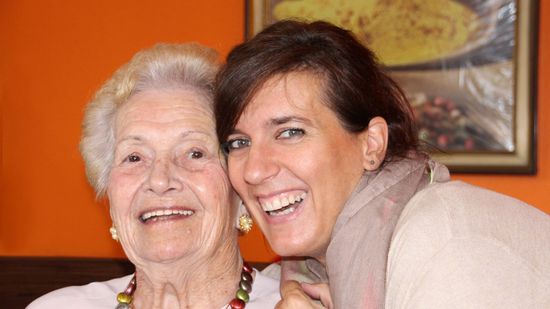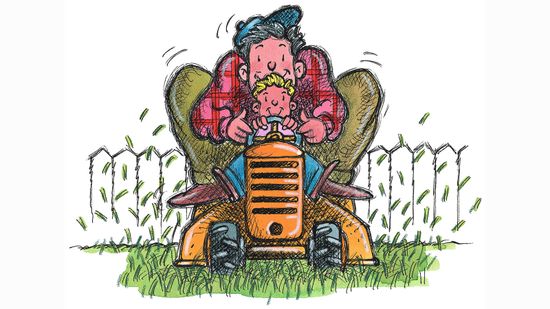Babies
Bringing home a new baby is exciting, but it can also be intimidating. HowStuffWorks is here to help with tips on caring for your baby and acclimating to life with an infant.

U.S. Adoptees May Soon Gain Access to Their Original Birth Certificates

Why Adults Adopt Other Adults

How can you apply for adoption of a child that you are a legal guardian for?

10 Questions You Should Ask Your Employer About Maternity Leave

Don't Want to Go Back to Work After Maternity Leave? 10 Things to Think About

How to Figure Out if You Can Afford Not to Go Back to Work after Maternity Leave

What Causes New Baby Smell?

How Free-Range Parenting Works

Could Too Much Screen Time Mean Obesity or Cancer?

Meet the Lawnmower Parent

How to Talk to Your Teen About Sexting

Should Teens Work Part Time While in School?
Learn More / Page 2
Honey can be dangerous to infants because of botulism. Find out why honey is dangerous for infants but not for adults.
